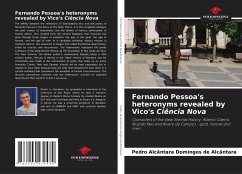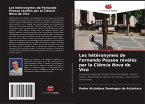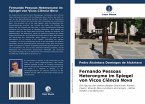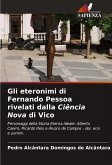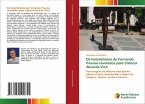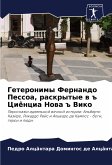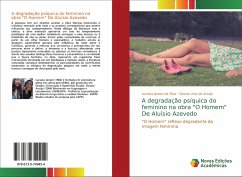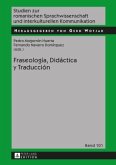The affinity between the reflections of Giambattista Vico and the poetry of Fernando Pessoa is the focus of this book, that is, it is the correlation between the poet creator of heteronyms and the thinker of history, philosopher of human nature. Vico recalled from the ancient Egyptians that humanity has gone through three stages of evolution: the age of the gods, the age of heroes, and the age of men. In a spiralized unfolding, History evolves in constant returns: this sequence of stages Vico called the Eternal Ideal History, sifted by courses and recurrences. The heteronyms represent the poetic synthesis of the Ideal Eternal History. As the foundation of this study we have The New Science, the Italian author's masterpiece. Despite being a 20th century author, Pessoa is eternal in the "ideal" history of literature and his immortality was made in the construction of poets that make up an entire humanity. Caeiro, Reis and Campos should not be read separately but in relation to eachother because they are units that complement each other in a cyclical unfolding that reproduces the evolution of human consciousness. The Viconian perspective confirms that the heteronyms present an apparent diversity but their world is in fact a uni-verse.

